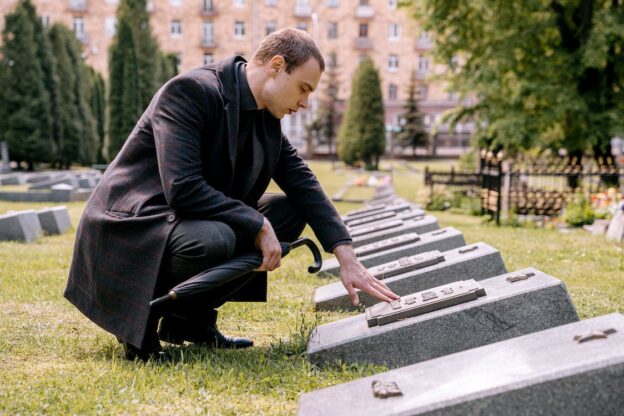Saying goodbye to your loved one at funeral homes Willoughby Hills, OH, isn’t easy. The process is also difficult if they’ve been ill for a long time.
In layman’s terms, anticipatory grief is grieving a loss before it happens. The painful feelings of knowing that the loved one is about to die after battling cancer or other terminal diseases.
With the final stages of the loved one’s life fast approaching, your role as caretaker feels more urgent and serious as you cope with overwhelming anticipatory grief.
What is Anticipatory Grief?
Anticipatory grief is when you experience deep sorrow over losing a loved one before they have died. Consider it as if you know the person you love is near to death but you cannot do anything to save them. It triggers a painful reaction and you start grieving the loss before it happens. This is called anticipatory grief.
What is the difference between normal grief and anticipatory grief?
The major difference between “normal” grief and anticipatory grief is timing. Anticipatory grief happens before the loss occurs while typical grief is after the loss. But note that anticipatory grief can be as hard as normal grief, and in some cases, even harder.
Looking at your loved one and not being able to do anything can make you feel vulnerable, guilty, and angry.
Why anticipatory grief is so difficult?
The anticipatory grief starts soon after your loved one received a diagnosis from the doctor. Depending on the situation, this period between onset and death can be from a couple of weeks to a few months, and even more.
In essence, you are grieving in two different ways for the same person. Not only are you grieving the anticipated loss, but you are also grieving over their current suffering and loss of potential. Even worse is the difficulty of talking about it, which can make you feel even more alone and helpless in your grief.
 What are the symptoms of anticipatory grief?
What are the symptoms of anticipatory grief?
It’s true that every person grieves differently and may experience varying symptoms. But here are the common physical and mental effects of anticipatory grief.
- Emotions like anger, denial, depression, hopelessness, and forgetfulness are also common in normal grief.
- Exhaustion, especially if you are a caregiver. Taking care of a loved one and watching their health decline is both physically and emotionally exhausting.
- Getting excessively anxiety-filled as you try to be on alert all the time in a hospital or hospice care. Every time the phone rings, you could feel the heartbeat getting faster, predicting that the worst has happened. You are always bracing for the bad news.
- Feelings of guilt and self-blame. Maybe you’re wondering if only you could have done more, things wouldn’t be the way they are. Looking forward for their suffering and your weariness to be over can cause you to feel shame.
No matter how hard the grief is, you should never give up or lose hope. Grief is a healthy emotional process of accepting the inevitable outcome. The final step is the memorial service at funeral homes Willoughby Hills, OH. Contact us today.

